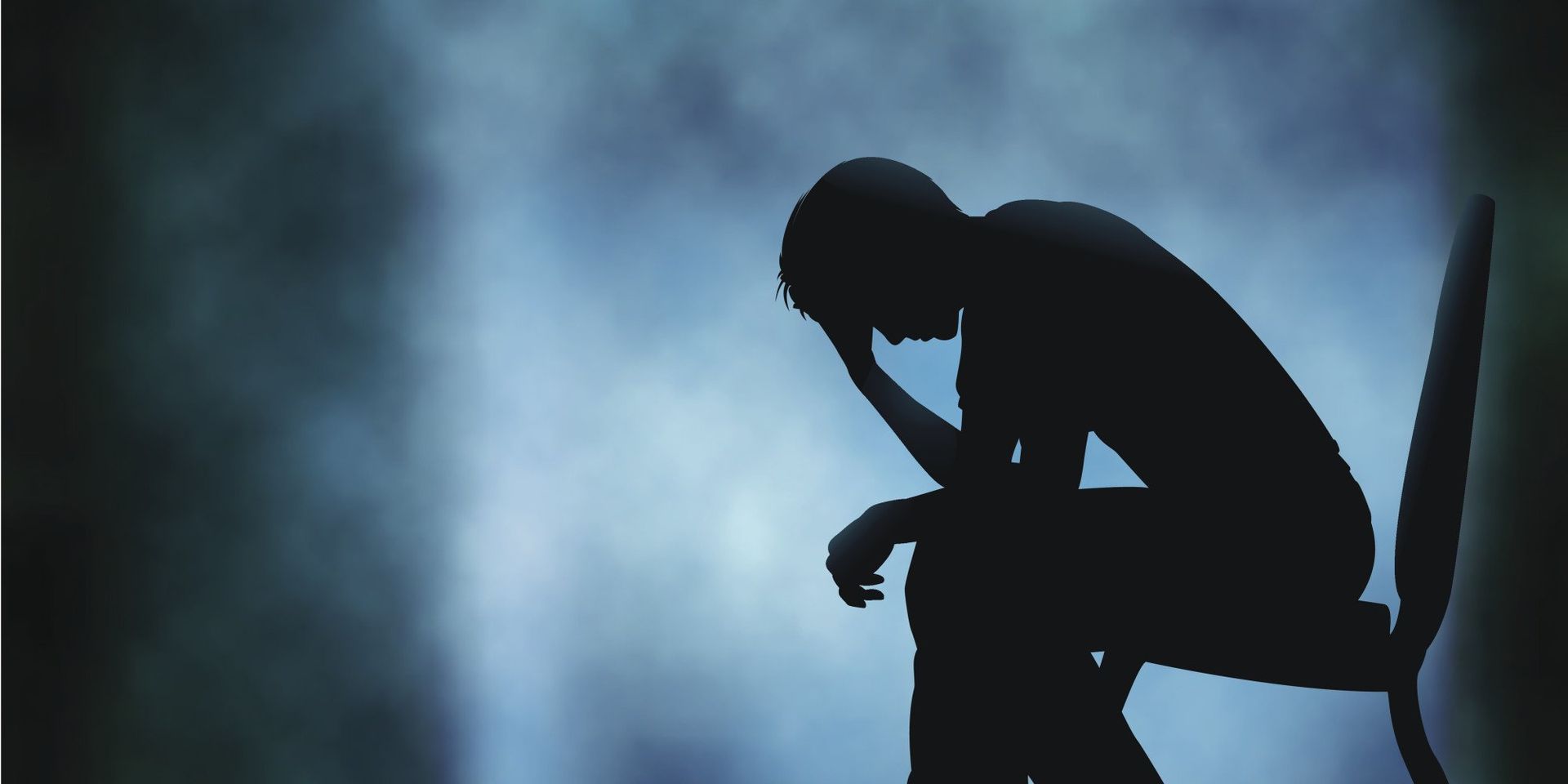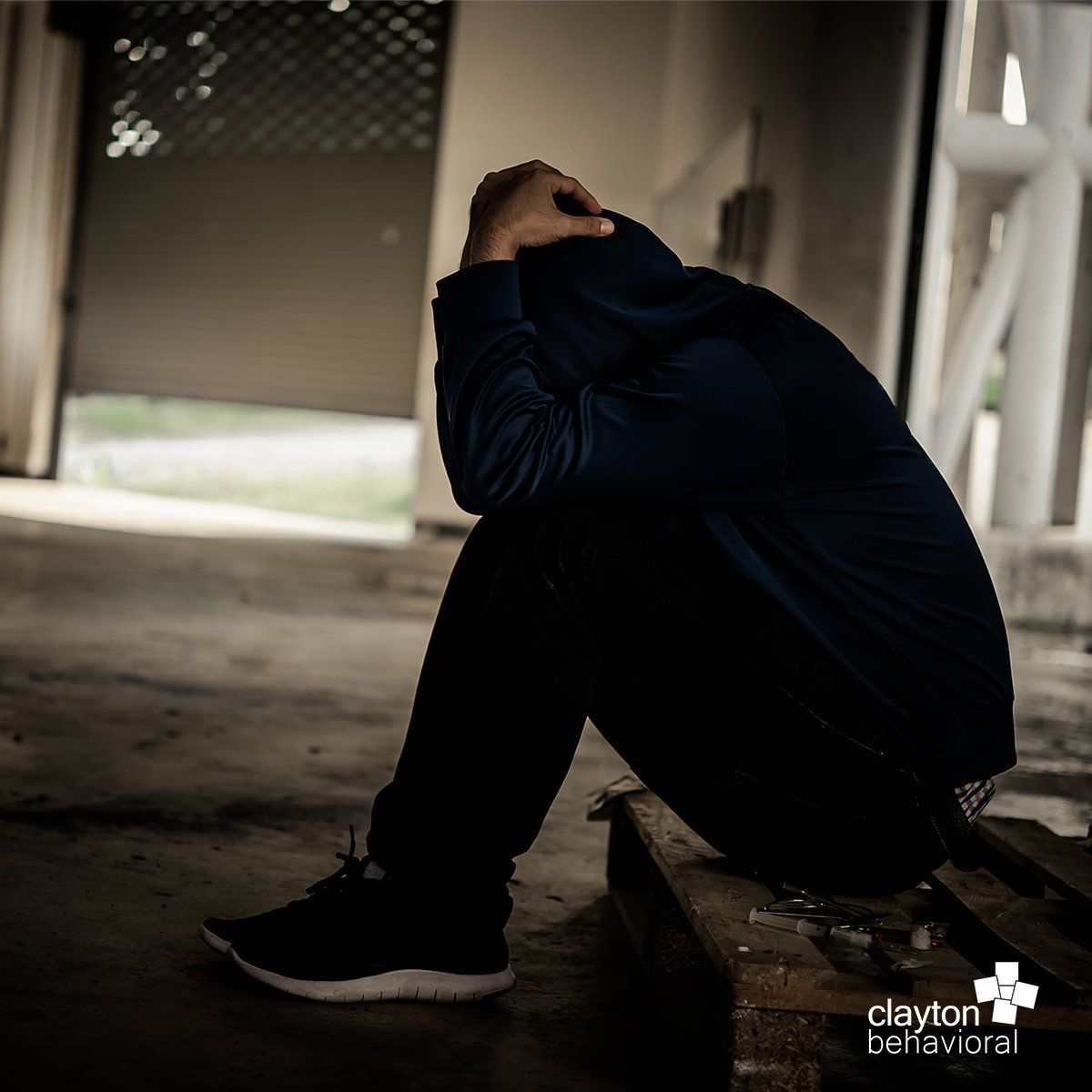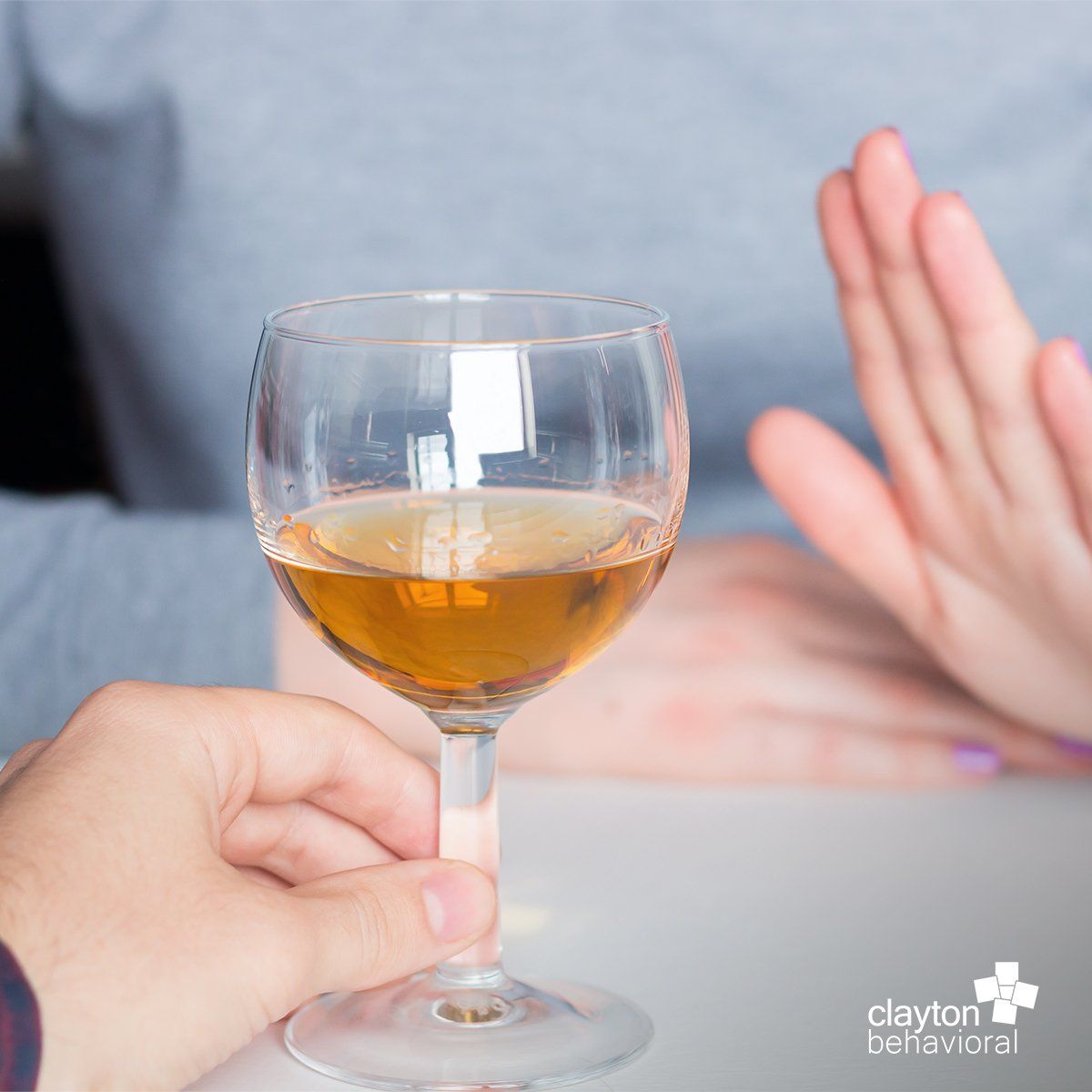When depression means bipolar

When assessing a person with depression, how can we tell if their depression is part of Bipolar Disorder? Accurately making this distinction has significant treatment implications: antidepressants can worsen Bipolar Disorder, while mood stabilizers can greatly improve it. Every person with depression should be assessed for a history of symptoms suggestive of mania or hypomania. A good screening tool is the Mood Disorder Questionnaire ( MDQ ). Diagnosing Bipolar Disorder is not always easy. It can have soft presentations ( Bipolar Spectrum) rather than present with clear-cut, full-blown episodes of mania. Often, it is necessary to obtain collateral information, since patients are unlikely to report or realize that episodes of feeling extremely good are related to their episodes of depression.
There are several clinical clues suggesting that an episode of depression is part of Bipolar Disorder. Atypical depression is often associated with bipolarity, especially when it appears early in life. It is characterized by increased sleep, increased appetite, a feeling of heaviness in arms and legs (leaden paralysis) and hypersensitivity to what others say or think about us. Other hints of bipolarity include having episodes of depression since adolescence, episodes that are more frequent or worse in the winter months (seasonal changes), and/or that appears in the post partum period. Episodes of Bipolar depression tend to be brief (less than 3 months long) and highly recurrent.
Patients whose depression is due to Bipolar Disorder tend to have difficulties when taking antidepressants. They may experience rapid relief followed by loss of efficacy (the "poop-out" effect). They may get paradoxical reactions, and feel more depressed, agitated, wired and irritable when taking them. Often, antidepressants are tried one after the other and none seems to work. Failure to respond to 3 or more antidepressants is a clinical clue that bipolarity may be present. Bipolar spectrum patients can be extremely creative, artistic and successful. Bipolarity should be suspected in high-achieving, gregarious, engaging and at times flamboyant individuals who keep experiencing repeated bouts of depression.
Bipolar Disorder is treatable. When a patient with depression is properly diagnosed as suffering from Bipolar Disorder, the use of mood stabilizers (lamotrigine, lithium, divalproex, carbamazepine and atypical antipsychotics) is indicated. They greatly improve the chances of adequately controlling the symptoms. Antidepressants may still be needed, but should be used cautiously and in conjunction with mood stabilizers. In addition, several studies have shown that psychoeducation of the bipolar patient significantly increases treatment compliance and decreases relapses and hospitalizations.









